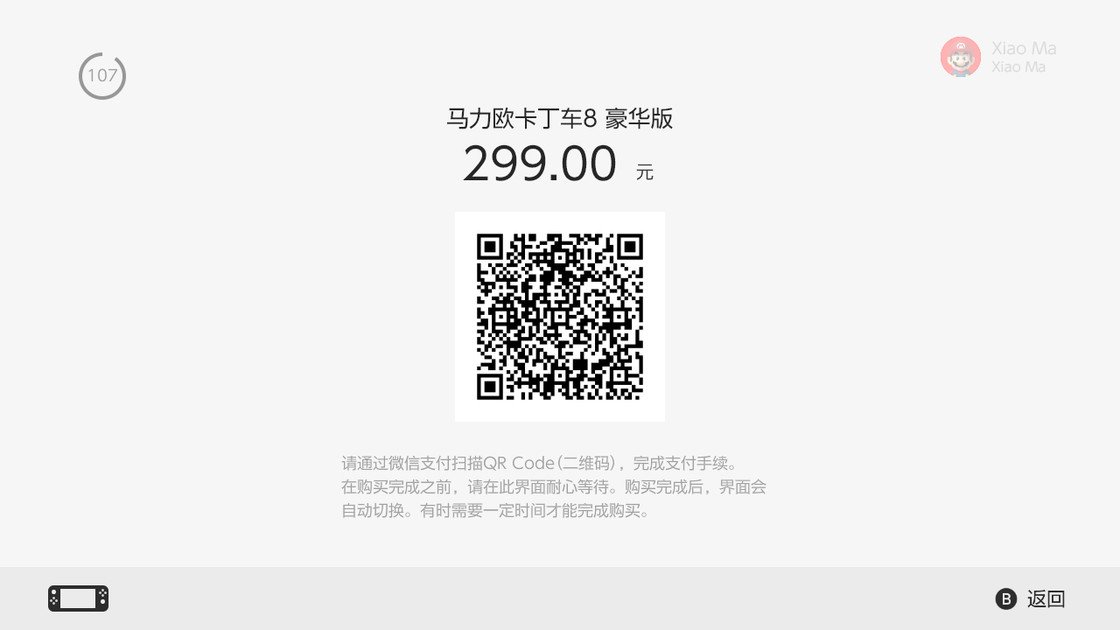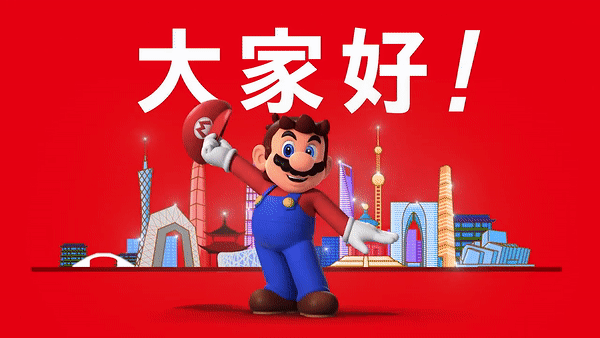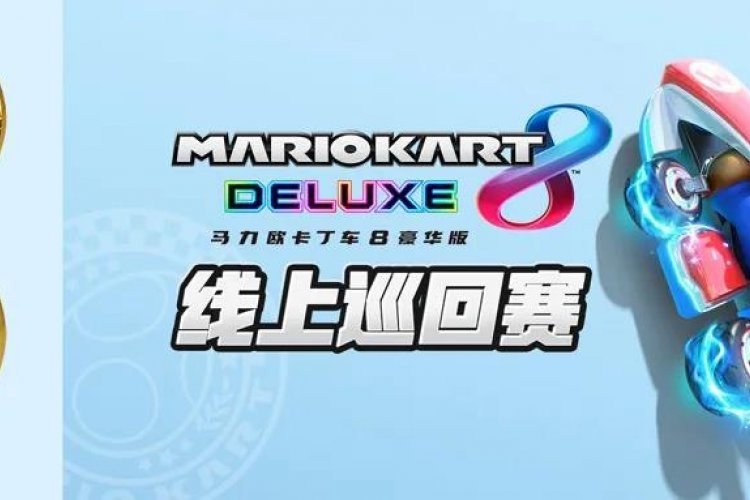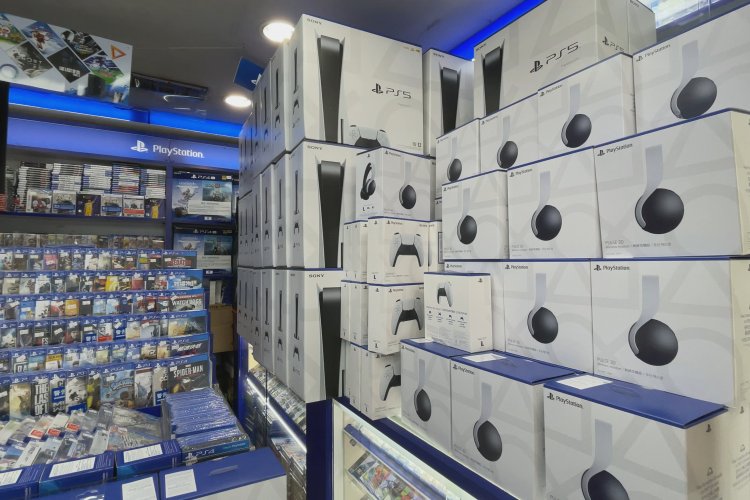Mario's Return: After Long Absence, Nintendo Tries Its Luck in China Again
Video game fans throughout China will be desperate to get back home and online after work this evening, to take advantage of the launch of Nintendo's official TMall store and their flagship console the Nintendo Switch. Teaming up with Tencent, this marks the second time that the Japanese video game company has attempted to break into the Chinese market, with the first having taken place 16 years ago with the N64.
The big difference between now and then is that the kids who once collected Pokemon and played Super Mario between classes have since grown up, even having their own children who are knowledgeable of the brand. That familiarity potentially means big bucks for Nintendo. So, why launch now, why partner with Tencent, and what will this development mean for the Chinese gamer community and the future of gaming in China?
The year 2000 is often regarded as the darkest year in many Chinese gamers’ minds. It was then that the government announced a 15-year blanket-ban on selling game consoles. At that time, PC and mobile games already the largest share of Chinese gaming market and the ban only reinforced this trend. Fast-forward to 2019 and the Chinese gaming market has surpassed the American market with a net worth of RMB 214.4 billion, making it the largest gaming market on the planet. However, console games still only account for 0.6 percent of that figure, a tiny proportion given that they hold approximately 25 percent elsewhere. Therefore, a world of gaming is still waiting to be discovered in China and there's plenty of money to go with it.
However, as well as lacking the console game culture and the communities to support it, many Chinese gamers are reluctant to hop on the console bandwagon given the comparatively high price for the console and its games. Another major hurdle has been the language barrier since the majority of games released so far did not support Mandarin. That's where Tencent comes in: they have extensive experience in community management and platform building and are a strong asset when it comes to Nintendo's process of localization. Moreover, Tencent has witnessed and been a key player in the boom of Chinese gaming since the early 2000s and knows its mobile gaming customers well; knowledge it can use to help Nintendo create suitable products for the preexisting mobile game market.
It's also not clear what exactly Nintendo's forays into the Chinese market will mean for the censorship of games. We have yet to hear of games being censored but we assume that more violent games (looking at you, Witch and Bayonetta) may have difficulty being released here. Luckily, Nintendo prides itself on largely being family-friendly, so the majority of its content should have no problem passing muster with China's censors.
As for the official Tencent-Nintendo online store, there are a few things you should know before you stuff your cart:
- Consoles (Nintendo Switch, in this case) and accessories bought from the official store are protected under warranty so there's no need to worry about where to get the infamous controller drifting issues fixed anymore – yay!
- Overall, the price of Tencent-Nintendo Switch and the games are cheaper than if you bought abroad, with the Chinese Switch listed at RMB 2,099, which includes tax. The first three games to be released with the console are RMB 299 each (approx. USD 42.50) compared to USD 59.99 in the US.
- Tencent-Nintendo Switch comes with a pre-installed Super Mario Bros.U Deluxe demo, so everyone will have something to play as soon as they receive their device. It's also currently the only game that players can buy in Chinese Nintendo e-shop, with Nintendo and Tencent promising that Super Mario Odyssey and Mario Kart 8 Deluxe will arrive in the coming weeks.


- Based on the information leaked by people who have already got their hands on the Tencent-Nintendo Switch, you can still play the games stored in physical cards regardless of where you bought them as well as update them via the Internet.
- At least for now, you will not be able to download updates from the official e-shop or play with those friends who do not have a Chinese Nintendo online account. However, you don’t need a Nintendo account to access the e-shop or your gaming progress – it can all be accessed via WeChat on the console itself (see images above).
- The operating system only supports Chinese but it won’t affect games that support other languages.
Our old friend Mario worked hard to finally make his big trip to China, now we will have to wait to see whether he gets lucky with a star or ends up eating a shell.
READ: China’s Love-Hate Relationship With Gaming Won’t Stop It From Dominating the Industry
Images: Tencent, Nintendo, Zhiren CHS, NS Xinwensubao







